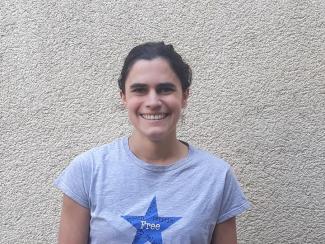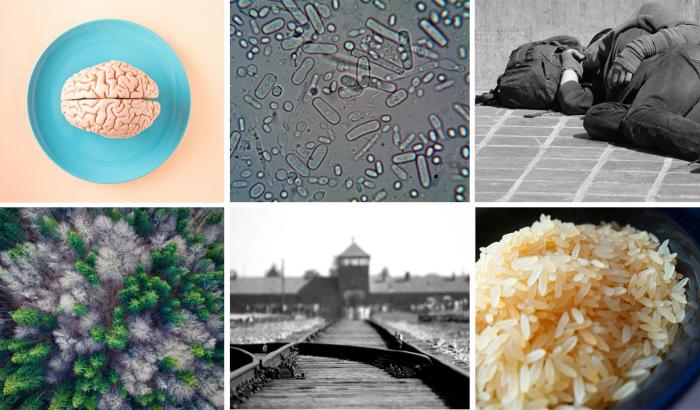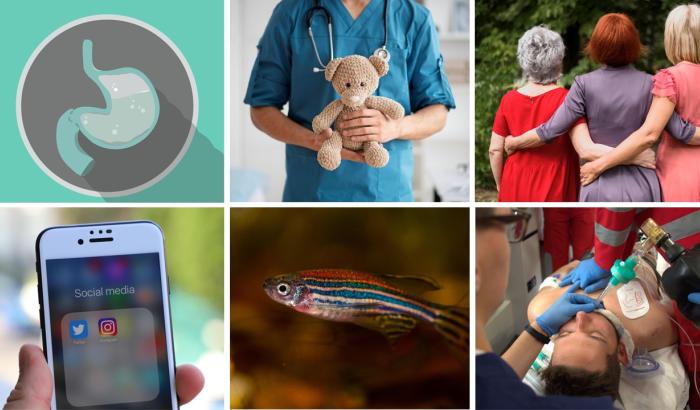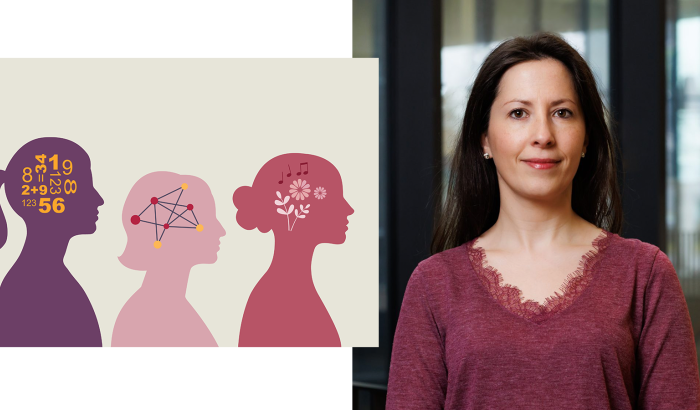
Environmental scientist Elorri Igos
The focus of your work is on lifecycle assessment (LCA) of products. What is this?
It's a method to quantify all environmental impacts of a product. People for instance know the “carbon footprint”, i.e. all emissions along the lifecycle of a product that contribute to climate change. With LCA we do not only look at greenhouse gas emissions, but also at other environmental impacts, such as the use of water, depletion of resources, air pollution or soil degradation.
Can you give concrete examples?
For example, we look at wastewater Impacts. Wastewater treatment plants are not designed to remove pharmaceuticals and many of these are released into the environment. The related impacts are not characterized in current LCA methods, we worked on research projects to do so and further support the development of efficient treatment processes. In the field of agriculture, I investigated the pros and cons of the energy production using agricultural products: When you produce biogas, LCA can tell you the environmental impact, which the use of different types of crops has. LCA can also look at the competing aspects of land use for these crops vs. the production of food.
How do you decide, which products you investigate for their environmental impacts?
We work often in projects with the industry, which has a need to perform a LCA study before a product goes onto the market – to anticipate any tradeoffs and to understand if this new technology or product will be beneficial or harmful for the environment.
Couldn’t this be just greenwashing by the industry?
Of course it is difficult to know, what the real intentions are. However, we as scientists follow clear and transparent standards and publish the results and limitations of our work, so that I do not see a major risk for greenwashing.
Presumably, many aspects need to be considered for a certain product. How do you deal with uncertainties?
This is an important aspect. We live in a globalized world and the production chains are very complex. For Europe, we have quite good data, but for developing countries this is much more complex. When data are lacking, we have to make assumptions that we clearly report and discuss.
Does your work have an impact on politics and manufacturers?
At least, it raises awareness. Sometimes, when you speak to a process engineer, they first think about technical and economic criteria to optimize the production with less cost. Our mission is to tell them to also include the environmental criteria. Sometimes a more expensive solution will be more ecofriendly, but this investment could be justified to improve the overall sustainability of the process in the long run. I also organize events for the wider public to better understand what the environmental impacts are and what we can do as citizens in our daily life.
Would you recommend avoiding certain environmentally harmful products?
No, there is no specific blacklist, since everything we consume has a lot of indirect effects. To mitigate the carbon footprint, I would recommend to focus on energy (e.g. limit house heating), transport and food (e.g. reduce meat consumption). In terms of an environmentally responsible behavior, it is most of all important to limit the overall consumption, to repair things or to use second hand products.
Text: Tim Haarmann
Photo: Elorri Igos
Infobox
Dr. Elorri Igos is an environmental researcher at the Luxembourg Institute of Science and Technology (LIST). Focus of her work is life cycle assessment, which was also the topic of her PhD thesis, which she obtained in the year 2016 at the University of Trier.



